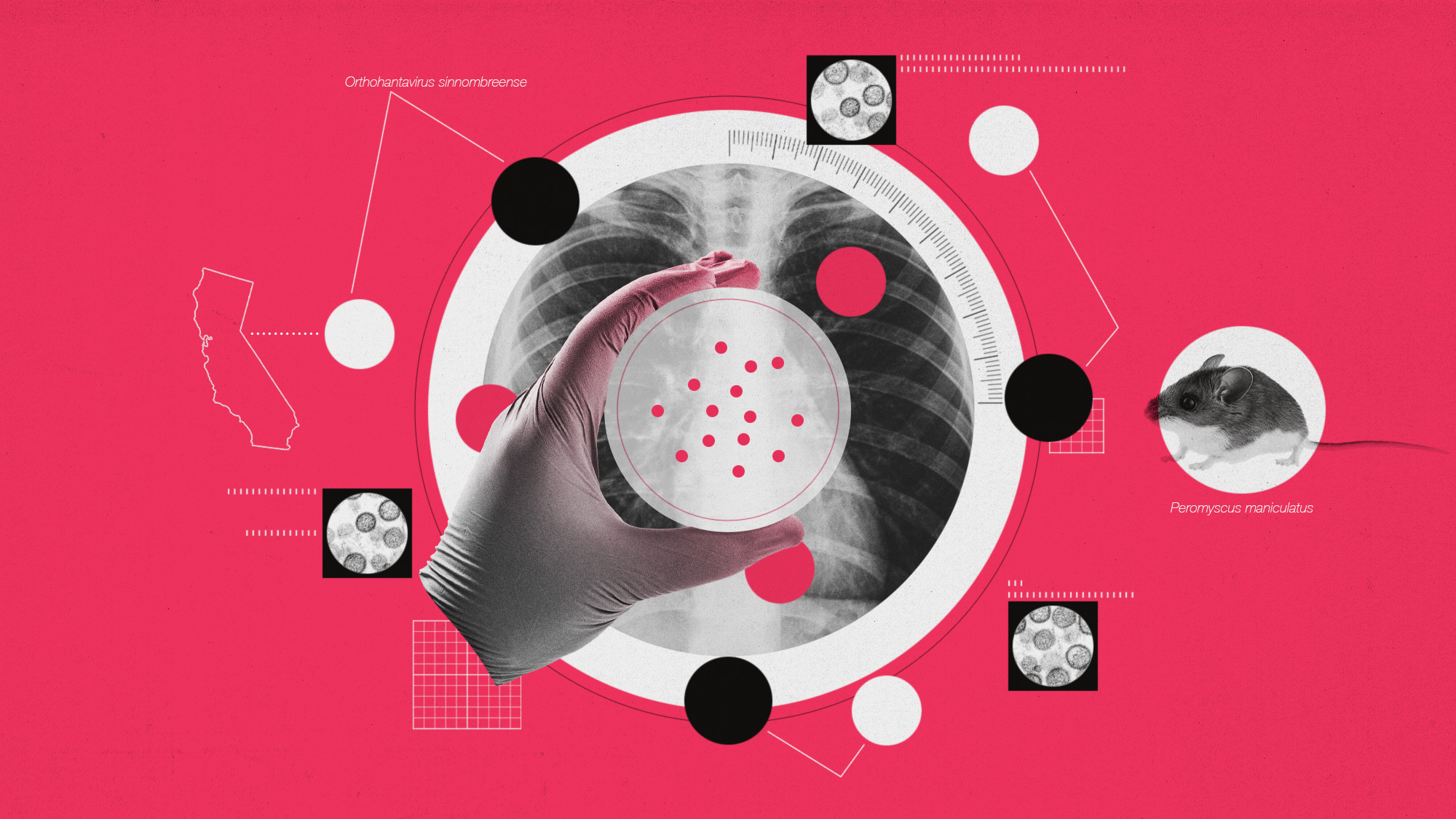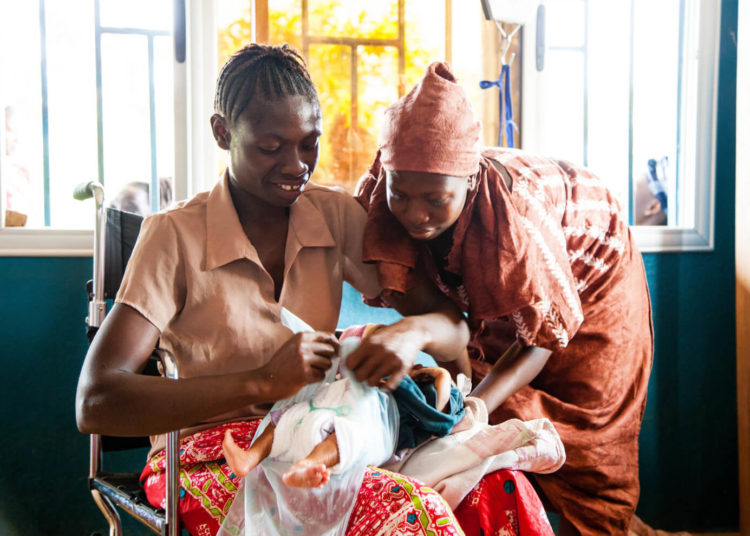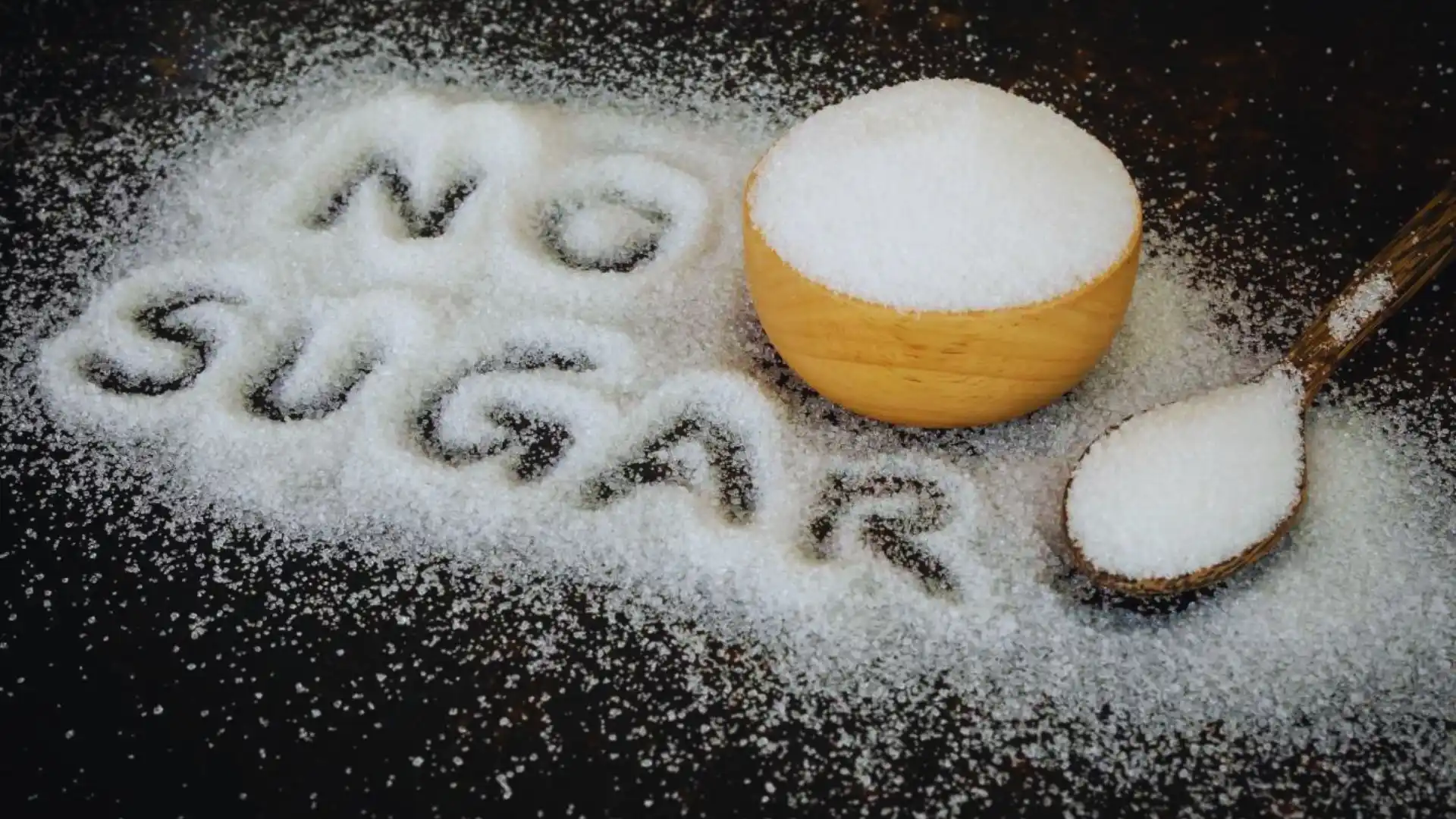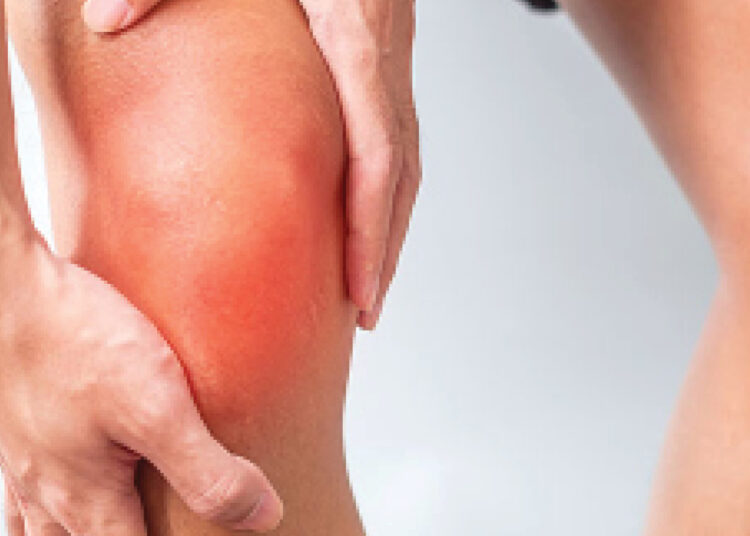The recent deaths of a Hollywood couple and three California residents have brought attention to a rare rodent-borne virus that has the potential to turn deadly. While the risk for contracting the hantavirus remains relatively low compared to other sicknesses, it is still important to be aware of how the illness spreads and what steps you can take to protect yourself. What is a hantavirus? Hantaviruses are a family of viruses that have the potential to cause serious illness and death in humans, according to the Centers for Disease Control and Prevention .
They are typically spread from contact with rodent urine, droppings and saliva. In rare cases, the virus can be contracted from a bite or scratch. The CDC started tracing cases of hantavirus-related disease after a 1993 outbreak in the Four Corners region, where Arizona, Colorado , New Mexico and Utah meet.

Hantaviruses can cause two distinct syndromes. In the Western Hemisphere, hantaviruses can cause a severe and potentially fatal lung infection known as hantavirus pulmonary syndrome (HPS); the virus that causes HPS is typically "spread by the deer mouse," which is common in many parts of California, the CDC said. Hemorrhagic fever with renal syndrome (HFRS) is another "group of clinically similar illnesses caused by hantaviruses found mostly in Europe and Asia"; Seoul virus, the type of hantavirus that causes HFRS, can be found worldwide, including in the United States.
HPS "starts like the flu: body aches, feeling poorly overall," Sonja Bartolome of UT Southwestern Medical Center in Dallas said to The Associated Press . In the early stages of the illness, "you really may not be able to tell the difference between hantavirus and having the flu." The infection began getting widespread attention after it was linked to the death of Betsy Arakawa, a pianist and the wife of actor Gene Hackman , in February.
Both Arakawa and Hackman's remains were found at their home earlier that month. Hackman likely died of a "combination of high blood pressure and extensive heart disease days after the death of his wife," said The Washington Post . Recently, HPS was also linked to three more deaths in a rural California town, weeks after they all contracted hantavirus.
The deceased were all residents of Mammoth Lakes, a popular ski town in the Sierra Nevada range, Mono County public health officials said in a statement . Recording three cases of the virus this early in the year is "strikingly unusual," as the infection is typically detected later in the spring or summer. Officials believe that "deer mouse numbers are high this year in Mammoth (and probably elsewhere in the Eastern Sierra)," said Tom Boo, Mono County's public health officer.
An increase in indoor mice "elevates the risk of hantavirus exposure." Is the virus something to worry about? While hantavirus can be potentially deadly, it is essential to keep the risk of contracting the virus in perspective, family medicine physician David Cutler said to Healthline . In the U.
S., where there is "generally good hygiene" and there are not "a lot of people living in rural areas where rodent droppings are common," hantavirus will be "very rare, but not impossible to contract." There have been "fewer than 1,000 cases of hantavirus reported in the United States over the last 30 years," he added.
By contrast, "over 100,000 people die each year of viral infections that we can prevent, like Covid, flu and RSV." Hantavirus is "rare but not unusual," said the Post. Deer mice, the sole source of the virus in the area, are widespread in the Eastern Sierra region, according to county health officials.
Since 1993, Mono County has recorded 27 cases of hantavirus, more than any other county in California, the public health officials' statement said. The majority of hantavirus cases in the U.S.
occur west of the Mississippi River, according to the American Lung Association . If you live in an area where you might come in contact with infected rodent infestations, the "most important public health message is not to aerosolize dropping," Forbes said. When cleaning, "spray the site and debris thoroughly with a solution of 1 part bleach to 9 parts water.
" Wait five minutes, then pick up what is left with a paper towel. Do not "vacuum or sweep up droppings!".
Health

Hantavirus: the rare pathogen linked to rodents that attacks the lungs

Despite the low risk of contracting it, the virus could be potentially deadly















